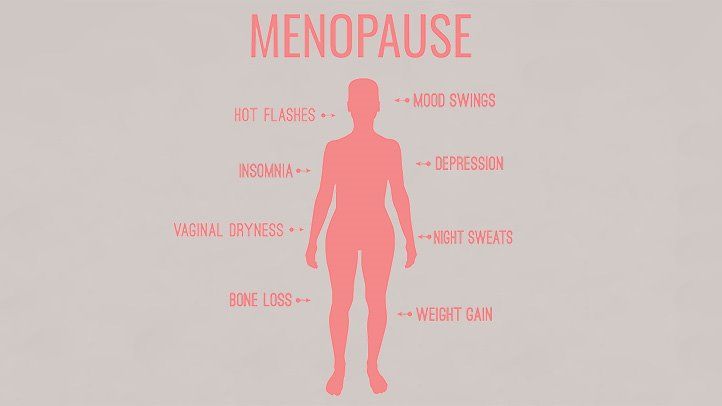Are You Experiencing Early Menopause?

There is a growing fear among young women today.The fear that they could be experiencing early signs of menopause or perimenopause. Research shows that women are much more concerned about their health as compared to their male counterparts.
Early menopause is called perimenopause and this occurs in 1% of women. However, there are factors that may predispose you to early menopause.
The following are the symptoms of menopause;
- Hot flashes are also known as vasomotor symptoms (a sudden feeling of warmth that spreads over your body).
- Night sweats and/or cold flashes.
- Vaginal dryness that causes discomfort during sex.
- Urinary urgency (a pressing need to pee more frequently).
- Difficulty sleeping
- Emotional changes
Dry skin, dry eyes or dry mouth.
- Breast tenderness.
- Periods that are heavier or lighter than usual.
Other experiences include:
- Racing heart.
- headaches
- Joint and muscle aches and pains.
- Changes in libido (sex drive).
- Difficulty concentrating or memory lapses (often temporary).
- Weight gain.
You can experience these symptoms of menopause for up to 10 years. However, most people experience symptoms of menopause for less than five years.
The big question however is at what age these symptoms should start to show? The average age of menopause among women is 51. In this case, there are three stages involved: perimenopause, menopause and postmenopause
Perimenopause begins eight to 10 years before menopause. During this period, your ovaries gradually produce less estrogen. This usually starts when you’re in your 40s. This stage lasts up until menopause when your ovaries stop releasing eggs.
Menopause: This is the point when you no longer experience menstrual periods.
Postmenopause: This is when you have had a period of an entire year without menstruation. At this stage, menopausal symptoms, such as hot flashes, may get better.
Early menopause
Genetic, environmental and socio-demographic factors affect natural menopause. Among these factors, smoking, a modifiable health-related behaviour, has been studied as an influential cause of accelerating the onset of natural menopause.
From studies, smokers reached menopause earlier than non-smokers, and their risk of experiencing early menopause was higher.
Some people naturally reach early menopause genetically, something that runs in a family or is hereditary whereas some women experience perimenopause at early ages like the 30s.




